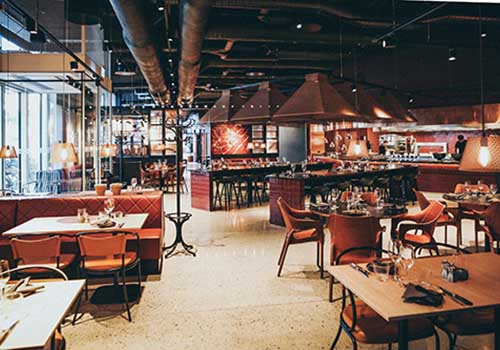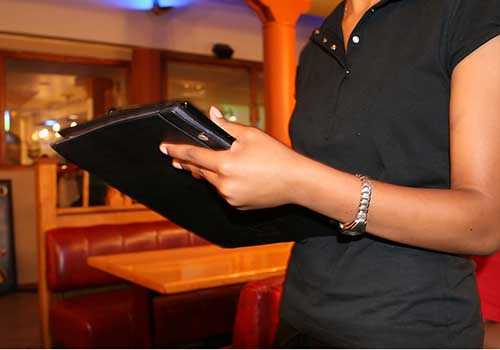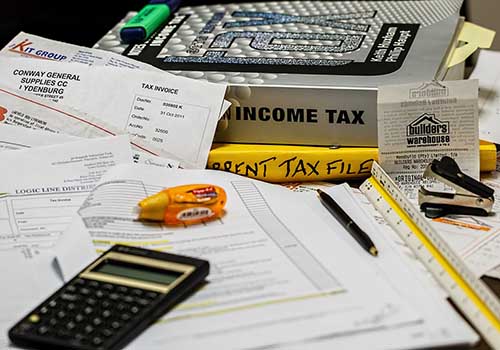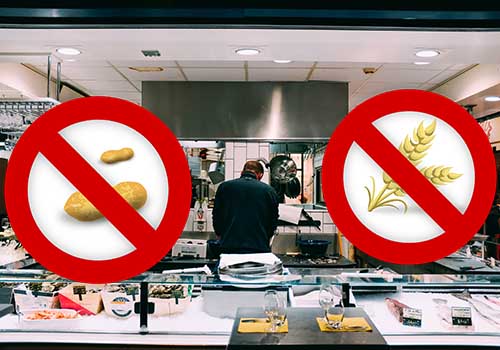How to Develop an Effective Restaurant Business Plan

Developing an effective business plan is essential for any restaurant owner who wants to succeed in the industry. A well-crafted business plan can help you stay on track, make informed decisions, and secure funding from investors or lenders. In this article, we will guide you through the steps to develop an effective restaurant business plan.
What is a Restaurant Business Plan?
A restaurant business plan is a comprehensive document that outlines the strategy and objectives of a restaurant. It typically includes a detailed analysis of the market, target customers, competition, menu, marketing plan, financial projections, and operations plan. A well-crafted restaurant business plan can help entrepreneurs secure funding, make informed decisions, and stay on track to achieve their goals.
In general, a restaurant business plan should include the following sections:
- Executive Summary: A brief overview of the restaurant, including its concept, target market, and financial projections.
- Market Analysis: A detailed analysis of the market, including the competition, target customers, and trends.
- Menu: A description of the menu items, including ingredients, pricing, and seasonal variations.
- Marketing Plan: A detailed plan to promote the restaurant, including advertising, social media, and partnerships.
- Financial Projections: A projection of revenue, expenses, and cash flow for the first few years of the restaurant.
- Operations Plan: A detailed plan of how the restaurant will operate, including staffing, inventory management, and customer service.
- Risk Assessment: An assessment of potential risks, including food safety and competition, alongside strategies to mitigate them.
How to Develop an Effective Restaurant Business Plan
Now that you’ve got a better idea of what goes into a restaurant business plan, let’s learn how to develop your own. Take a look at the steps below to get started:
Define Your Concept
Before you start writing your business plan, you need to have a clear idea of your restaurant concept. Your concept should be unique, appealing to your target customers, and viable in your chosen location. Your concept should include your menu, ambience, branding, and target market. Research your competition, identify gaps in the market, and find ways to differentiate your restaurant from others in the area.

Conduct Market Research
Market research is crucial to developing a successful restaurant business plan. It will help you understand your target market, the demand for your concept, and the competition in your area. You can conduct market research through surveys, focus groups, online reviews, and analysing sales data from similar restaurants in your area. Use this information to identify trends, make informed decisions, and adjust your business plan accordingly.

Create a Menu
Your menu is the heart of your restaurant, and it should reflect your concept and target market. Develop a menu that is innovative, creative, and appealing to your customers. Consider factors like seasonality, ingredient availability, and cost when creating your menu. Test your menu items with potential customers, and make adjustments based on feedback.

Develop a Marketing Plan
A marketing plan is essential to promoting your restaurant and attracting customers. Identify your target market, and develop a plan to reach them through advertising, social media, and other channels. Use your branding to create a consistent message across all channels. Consider partnering with influencers or local organisations to increase your visibility and reach.

Create a Financial Plan
Your financial plan should outline your revenue projections, expenses, and cash flow for the first few years of your business. Include start-up costs, such as rent, equipment, and inventory, as well as ongoing expenses, like payroll and utilities. Use your market research to create realistic revenue projections, and be conservative when estimating expenses. A detailed financial plan can help you secure funding and make informed decisions about pricing, menu items, and staffing.

Develop an Operations Plan
Your operations plan should outline how you will run your restaurant on a day-to-day basis. It should include information about your staff, kitchen operations, inventory management, and customer service. Develop procedures for each aspect of your restaurant, and train your staff to follow them consistently. A well-planned operations plan can help you avoid costly mistakes and maintain quality and consistency in your restaurant.

Identify Potential Risks
Every business faces risks, and it's important to identify them and develop strategies to mitigate them. Common risks for restaurants include food safety concerns and employment laws. Identify potential risks and develop plans to address them, such as implementing food safety protocols, staying up-to-date on the latest legislation and differentiating your restaurant from competitors.

Conclusion
Developing an effective restaurant business plan is essential to launching and operating a successful restaurant. Your business plan should include your concept, market research, menu, marketing plan, financial plan, operations plan, risk mitigation strategies, and feedback from others. With a well-crafted business plan, you can stay on track, make informed decisions, and secure funding for your restaurant.
For all your catering needs from cups and saucers to cleaning equipment and kitchen knives, Cooksmill has a great range of catering supplies.

